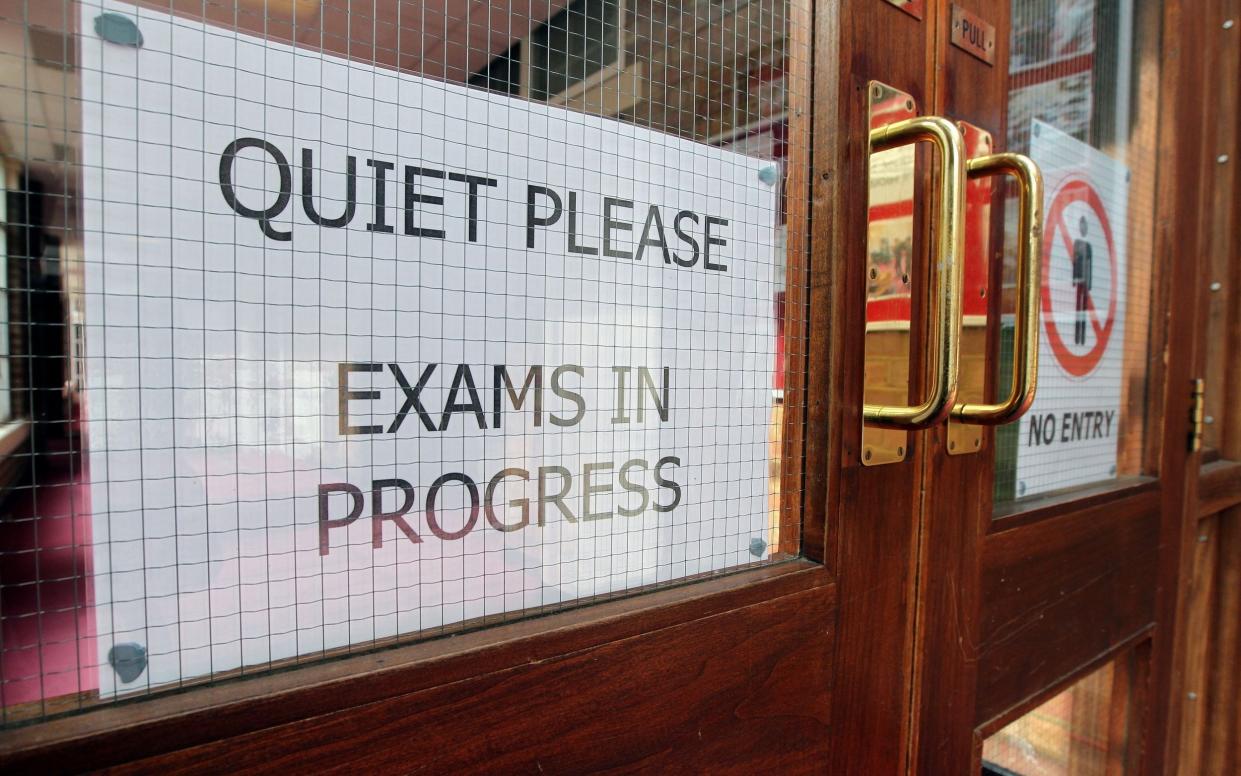Bringing back grammar schools would give poor kids a fighting chance

Education has been the single greatest success story under the Conservatives so far, with more than 90% schools now rated as good or outstanding, and with England now competing with the best in the world in the PISA tables. Academies, especially the top ones in successful trusts, can share resources, teachers and techniques to improve all of the schools in their teams. And, at least until Labour gets its hands on it, the independent school sector is the envy of the world.
But imagine if I had a policy that would be the icing on the cake, the jewel in the crown. One that would improve the life chances for academically able, low income children. It would be easily applicable across the country and help level up disadvantaged areas. And while allowing academic children to find people on their level, it would also free up those students for whom school is not fun or easy to focus on the sorts of vocational skills that would allow them to start businesses and earn money. Best of all, it doesn’t require much, if any, spending. Are you interested?
Of course you are, and of course I am talking about grammar schools. This is the sort of policy that is sneered at by progressives who see it as a nasty anachronism. And yet it is something loved and desired by millions of children and parents. I know to which of the two camps I want to cater.
Helpfully for me, the Prime Minister, Rishi Sunak, was absolutely right about this during the leadership contest in the summer of 2022. When asked if he would bring back grammar schools, he said yes, that he believed in ‘educational excellence’.
There are criticisms of grammars from people whom I respect hugely, like David Johnston, the Children’s Minister. Those criticisms centre around the fact that attainment is only half a grade better on average, once controlling for family background.
But with only 163 grammars in the whole country, and horror stories of children with 2 hour commutes each way to get to them, these numbers are skewed by simple supply and demand issues. The demand is there, so unblock the supply.
The simple point remains that in a world where independent schools are not banned (and again, give this nasty, class-war inspired Labour Party the chance and it will try), a ban on state grammar schools is immoral. It effectively says that if a bright student is destined for an academically unsuccessful school, their future should be sacrificed to bring up the average in their class. The only way out is if the child’s parents can afford to whisk them out and into an independent school. This is a state of affairs that benefits nobody but the hard left, with their preference for equality of outcomes over greater opportunity.
There is already a huge amount of support for the least well-off in society, with an enormous welfare bill and all sorts of schemes from and for schools to help those who struggle and have had difficult starts in life. These are admirable things. Why can’t there be just a few crumbs of support for poor children who are academically gifted?
By holding back these children, we prevent the country’s talent, evenly spread as it is, from rising as high and as far as it otherwise might. As a result, we are missing out on an engine of social mobility that would create a larger cohort of academically able children right across the country, with a greater sense of perspective on the world, to boot. As my old boss Nadhim Zahawi said yesterday, preventing this outcome stems from an attitude that is “based on Left-wing ideology and not on what’s best for children.”

 Yahoo News
Yahoo News 
